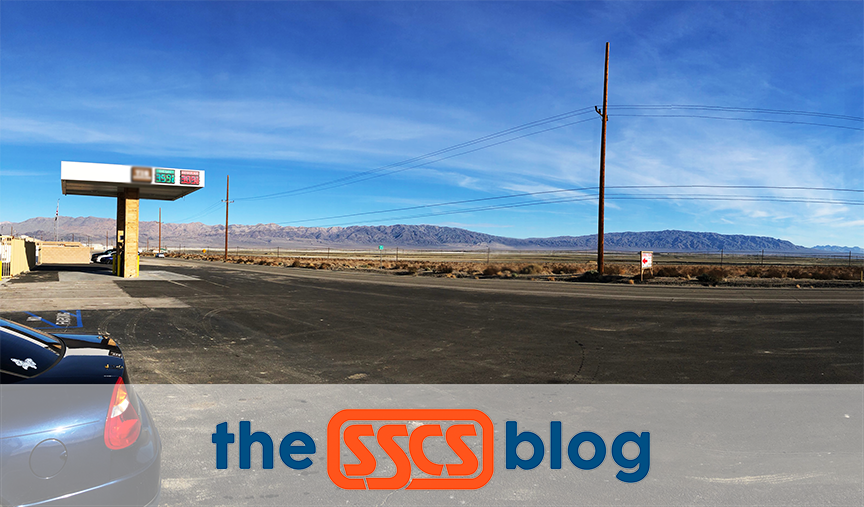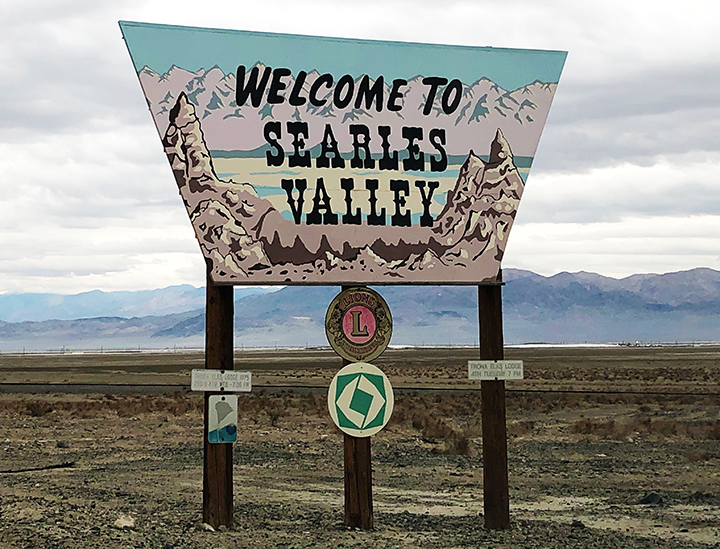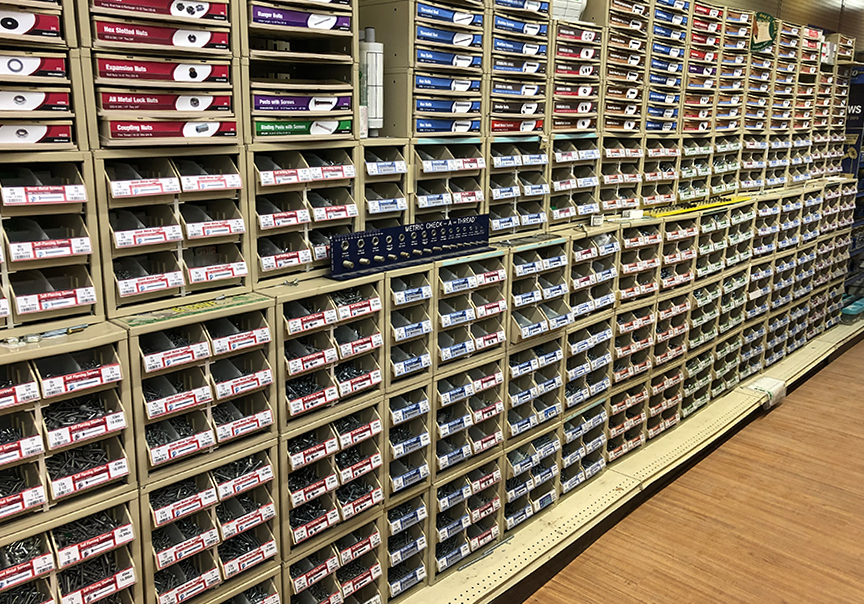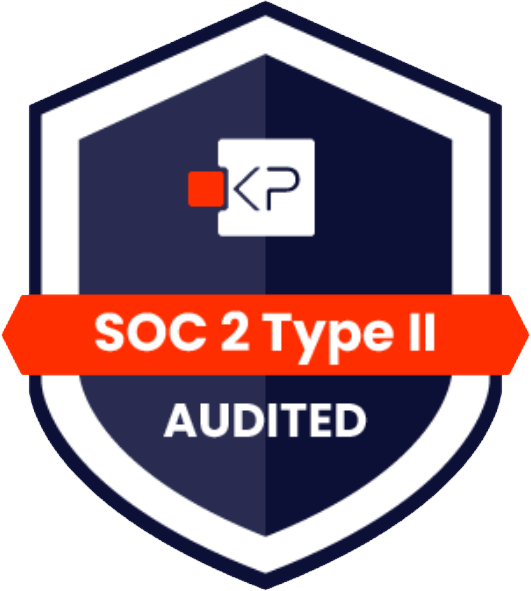
Technology in a Ghost Town
SSCS technicians travel lost highways and forgotten bypasses to serve customers in remote markets.

The United States is big; it spreads out far and wide. Journey westward, and the farther and wider it seems to get. Way out west, off the beaten track, you just might find yourself surrounded by long stretches of remote landscape, uncompromisingly desolate, accompanied by a soundtrack consisting of whispering wind punctured by the barks, yelps, and cries of unseen animals. You never quite escape the feeling that overexposure to unforgiving elements or an unwanted wildlife encounter is only a few misguided steps away.
Surroundings like these seem off-putting at first; the kind of places you’d never willingly visit. Baked by the sun during the day and dropping down by as much as 40 degrees at night, they are bereft of traditional attractions—or most anything else, for that matter.

But that’s a narrow view. There’s more to it than that. A kind of calming quiet settles into the crannies of this vast emptiness, a place where an individual can escape the cacophony of the city and “get their mind right” in the almost-silence. There’s a spectral beauty here, too, if you look hard enough. It informs the brown, yellow, and white landscapes, as well as the isolated towns—with names like Trona, Tecopa, and Valijan—that blend like ghosts into the colors and textures surrounding them.
There’s commercial potential here, too. Citizens, even in the sparsest areas, need food, fuel and, as it turns out, more. It’s a non-traditional retail environment for a convenience store, sure, but one that remains full of potential.
Which is where SSCS comes in.
Our installation teams are familiar with the wide open spaces that have been ignored or forgotten by most Americans. That’s because many of our customers have taken root and prospered in these markets, helped by SSCS software and the technicians that travel lost highways and near-forgotten bypasses to get them up and running. Technology in a ghost town? Then maybe it’s not a ghost town, after all.
“In these parts, a well-run convenience store can take on the role of the town center because of the scarcity of retail competition,” says an SSCS sales rep that recently sold our Computerized Daily Book (CDB) back office solution to a site in the general vicinity of Death Valley, California. “The c-store might be the only place to grab a fresh breakfast. Or gather with others to get the latest town news and gossip. Places like these, in their own way, form the heartbeat of the region. They become essential to the underserved consumer—like an old-fashioned general store.”

Oftentimes these locations carry an inventory that is a bit different than your neighborhood Circle K or Sunoco station. People not only look for groceries, snacks, and beverages, but items typically not found on the shelves in more traditional markets. Tools, ammo, hardware, camping equipment, and industrial components such as washers and spacers are part of the mix.
Fortunately for our users, no matter how unusual their combination of items, SSCS technology is flexible enough to handle the specifics of inventory management.

“One of the basic rules of running a c-store is to know your market and adapt to it,” adds the SSCS sales rep. “That’s what these stores do, and with the right management and technology they can do it quite profitably. What’s on the shelf may look quite different than what people expect, but the process is largely the same. Item level management of inventory works just as effectively as it does in other stores. These sites may be isolated, but that doesn’t mean they can’t run a modern, leading edge operation.”
SSCS enjoys forging mutually beneficial relationships with convenience store operators across the country, no matter how removed their markets may be. Our installer/technicians travel to every nook and cranny of the American landscape to forge, uphold, and grow those partnerships. We don’t want to leave any customer or prospect behind. And if it takes traveling through ghostly lands long forgotten, we’ll do it!






Leave A Comment